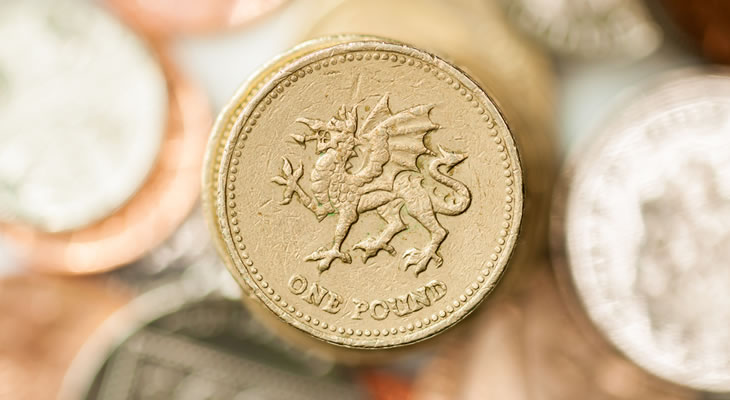The outlook for GBP EUR has grown increasingly gloomy after the release of September’s UK retail sales figures – figures that could, potentially, drive the Bank of England (BoE) away from pursuing a rate hike in November.
UK Retail Sales Disappoint – GBP Encumbered
Retail sales in the United Kingdom demonstrated growth of 1.2% year-on-year in September, according to the Office for National Statistics (ONS), significantly below the previous period’s 2.3% gain and indeed the market expectation of 2.1%.
Quarterly, retail sale growth eased to a year-on-year rate of 1.5%, the lowest figure seen since Q2 2013.
This disappointing print has been attributed by analysts to continually surging levels of inflation, with consumer prices growing by 3% in September and forecast to have grown by 3.1% in October.
Combined with weak wage growth the squeeze on household spending is significant, effectively curbing consumer demand.
Andrew Sentance of PricewaterhouseCoopers shared this sentiment, stating:
‘The underlying trend is towards slower retail growth and we are seeing the weakest rate of increase in the volume of spending for over four years and since the summer of 2013 […] The main reason for this slowdown is inflation; this surge in inflation, which mainly reflects the fall in Sterling since the EU Referendum vote, is squeezing consumers and holding back the growth of retail spending in volume terms’.
This news pushed GBP EUR even lower, with markets also growing wary about how it will affect rate hike prospects in November.
GBP Falters Despite Merkel’s Claim of Brexit Progress
German Chancellor Angela Merkel spoke to leaders gathered in Brussels today, claiming that there has been ‘encouraging’ signs of progress in regards to Brexit negotiations.
UK Prime Minister Theresa May was in attendance at the summit, reportedly urging the EU to break the deadlock in Brexit talks and that ‘urgency’ is required in easing the fears of citizens within the UK.
London has long insisted that the EU moves on to trade talks, whilst the EU has been adamant that the UK agrees on payment of a Brexit ‘divorce’ bill before anything else can be discussed – this being the primary point of contention and the reason for the ongoing deadlock.
Merkel did, however, suggest that trade talks could begin in December – a sign that the impasse could possibly be narrowing.
The markets have remained unconvinced however, with GBP EUR continuing to trade significantly lower.
Catalonia and BoE Rate Hike Prospects – What can we Expect for GBP EUR in the November?
Today’s disappointing UK retail sale figures could potentially diminish the chance of a rate hike occurring in November, a possibility that investors began to take seriously after comments earlier in the week from BoE Governor Mark Carney.
Whilst Carney still asserted that a rate hike is warranted, he neglected to specify which month, instead stating ‘in the coming months’.
In the eyes of investors this is perceivably a step back from his previous hawkish statements – and when accompanied with the poor UK retail sales figures it raises the possibility that the bank could be instead shifting to delay a rate hike until 2018.
This eventuality could put GBP under severe pressure.
In the near-term, however, the world is waiting to see how the situation in Catalonia unfolds.
Spain has now officially announced that they will initiate article 155 – giving them the power to take control of the autonomous nation should Catalonia go ahead and declare its unilateral independence.
The deadline is now Saturday, and should it pass without Catalonia standing down then civil unrest will likely result, driving demand for the single currency lower (an eventuality that might give the Pound some breathing room).


Comments are closed.